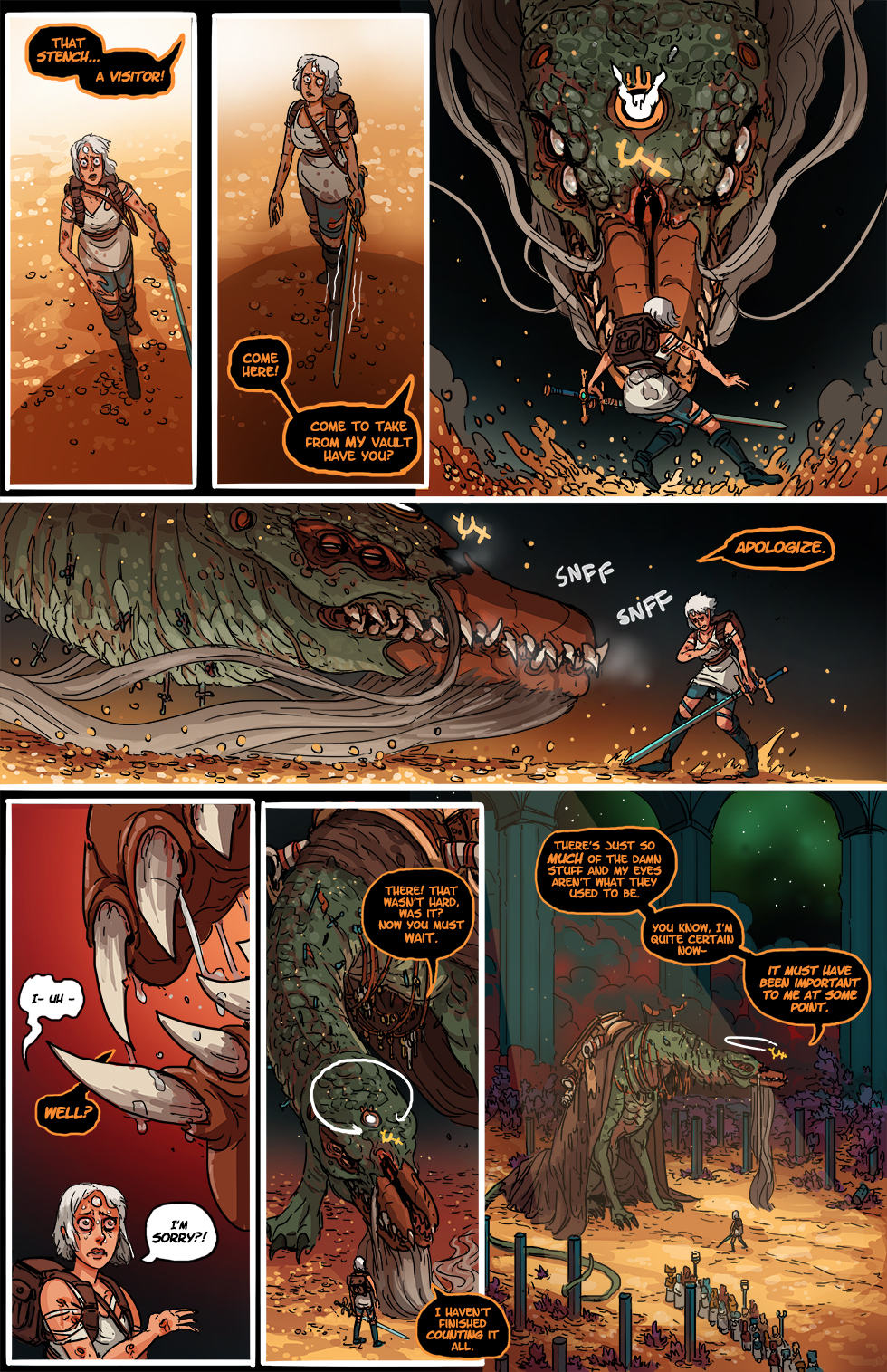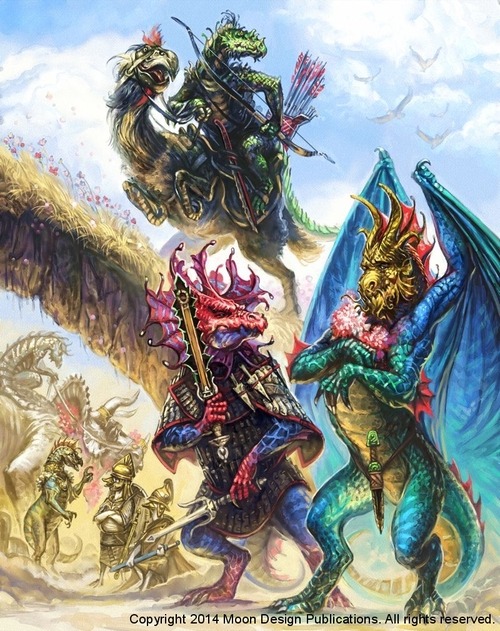- Location
- Earth Prime
On the Giant in the Playground forums (mostly for D&D 3e/PF), I've seen this phrased similarly as, "Just because you can use Rule 0 to patch something doesn't mean the rules being patched aren't broken." I think there's a "named fallacy" for it, but I can't remember whose name is associated with it.What I keep pointing out here is that the GM's ability to use their authority to shut down an abusive usage of the rules does not absolve the system for allowing it to happen in the first place.
There IS a place for stopping with the rules and simply saying, "Here's how we intend for this to be used; use your judgment if your use-case matches." 5e D&D gets a lot of guff for stopping a little too soon in places, and some of that's fair, but other times, I think they just are following their "rulings, not rules" ideal. (In fact, where they fail hardest, I think, is in failing to give enough "here's how we intend this to be used" examples and advice so DMs can use those as rough guidelines for their rulings.)
But if you're making a hard rules game - which Exalted has always been - you need your rules to be solid at least to the point that it's only corner cases where things get questionable. "When should I invoke this subsystem?" is not a corner case!
I find that the trouble with a split mass combat/normal combat set that has normal combat invocation trump mass combat is that I can't think how mass combat would ever be allowed to happen, except by mutual agreement OOC that they want to play a different game than they had been in previous fights. While there's some merit to that, it means that the ST is stuck fielding unwieldy numbers of mooks in normal combat if even one player feels like he's being unfairly treated by having mass combat rules imposed on him when he's not designed for it.
This also creates a degenerate state if that player is RIGHT, and he'd win if he were permitted to use normal combat but not if he agrees to use mass combat. If a player agrees to what's supposed to be a fun-enhancing and time-saving paradigm shift, he shouldn't have that choice make his character go from "unstoppable" to "dead to a dozen bronze shivs," or worse, "worthless in the scene."
Ideally - and I acknowledge that we're looking at not rebuilding the mass combat subsystem for 2E at this point, but rather redesigning combat on all scales to some degree - mass combat should grow organically out of normal combat, such that having large numbers and optimally utilizing them involves increasingly coordinated actions which can interact with uncoordinated individual actions, but which scale upwards such that those using coordinated actions with increasing numbers wind up having greater advantages to match or exceed what they'd get from each individual creature acting independently, until both sides have started coordinating themselves to the point that they're reducing the number of agents on the simulated field while increasing their "group" prowess in combat.
That's kind of my ideal vision for it, anyway. Somehow, "coordinate action" type things enable groups to act as one agent at the direction of a leader (probably using War), with those coordinated actions being better than them each taking comparable individual actions (a tall order, given the old saw: "action deficit kills"). And then you can use "coordinate action" rules to coordinate actions of groups already coordinating actions, rolling the bonuses up the chain and merging any required rolls to coordinate the sub-groups into the total difficulty/TN/internal penalty/external penalty/whatever of the top-level coordination.


